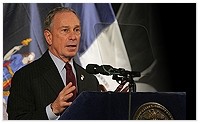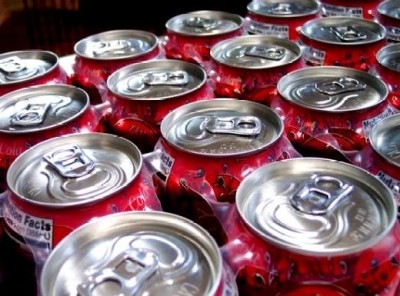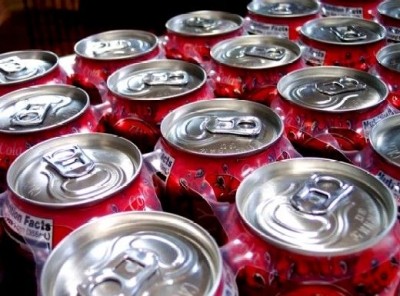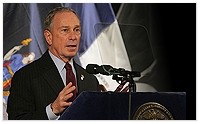Opponents to Bloomberg’s soda ban say it shouldn’t kick in until legal action is resolved

While New York City’s health board has advised industry that firms will have a three-month grace period after the ban comes into force on March 12 before it starts issuing fines, companies affected are still reluctant to make the changes required while there is a chance that legal action to overturn the ban could succeed, says the American Beverage Association (ABA).
ABA: We plan to file a formal request for a stay within a week or so
The lawsuit, filed in October, claims the health board overstepped its authority in passing Bloomberg’s proposal without the city council's approval. It also claims the ban is arbitrary, as drinks banned in a restaurant can be served in a grocery store next door.
Oral arguments in the case were heard yesterday.
Speaking to FoodNavigator-USA this morning, ABA public affairs director Christopher Gindlesperger said: “We plan to file a formal request for a stay within a week or so. We alerted the judge to this yesterday.”
He added: “There are significant resources that need to be deployed should the ban come into force and we’d like some more clarity [on whether the ban is lawful] before all the adjustments are made [to comply with the ban].”
Compliance costs
The ban prohibits sales of sugary beverages in containers larger than 16oz by any outlet that receives letter grades for food service, including movie theaters, fast food chains, mobile food carts and delis. It will not apply to grocery stores.
It will include beverages "sweetened with sugar or another caloric sweetener that contain more than 25 calories per 8 fluid ounces and less than 51% milk or milk substitute by volume as an ingredient”, but excludes most dairy-based drinks, diet sodas, alcoholic drinks and 100% juices.
To comply, beverage firms and restaurants claim they will need to retool manufacturing, change distribution systems and introduce new sizes of plastic cups.










